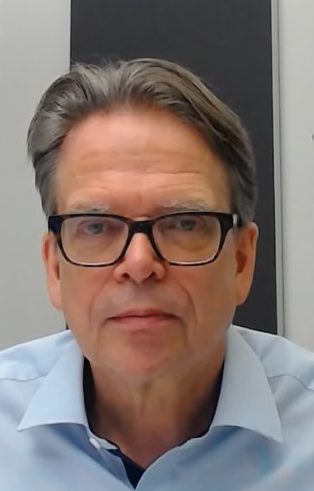Prof. Dr. Volker Tresp
 © Prof. Dr. Volker Tresp / neusymbridge
© Prof. Dr. Volker Tresp / neusymbridge
- Academic Fellow
- Foundations of ML
Volker Tresp is a professor at Ludwig Maximilian University of Munich (LMU). He received his Diploma degree in physics from the University of Göttingen in 1984 and M.Sc., M.Phil. and Ph.D. degrees from Yale University in 1986 and 1989, respectively. During his Ph.D., he worked in Yale’s Image Processing and Analysis Group (IPAG). In 1990, he joined Siemens where he has been heading various research teams in machine learning. In 1997, he became Siemens Inventor of the Year for his innovations in neural networks research and in 2018 became the first Siemens Distinguished Research Scientist. He revolutionized steel processing by pioneering a novel Bayesian neural network approach that cleverly integrated real-world data with simulated data from a prior solution.*** In 1994 he was a visiting scientist at the Massachusetts Institute of Technology in the Center for Biological and Computational Learning, working with the teams of Tomaso Poggio and Michael I. Jordan. He was co-editor of Advances in Neural Information Processing Systems 13. In 2011, he was appointed professor in informatics at the LMU, where he teaches a course on machine learning and where he is leading a second research team. He is known for his work on Bayesian machine learning, in particular the Bayesian Committee Machine and his work on hierarchical learning with Gaussian processes. The IHRM, the SRM, SUNS, and RESCAL are milestones in representation learning for multi-relational graphs. His team has been doing pioneering work on machine learning with knowledge graphs, temporal knowledge graphs, and scene graph analysis. The work on the Tensor Brain reflects his interest in mathematical models for cognition and neuroscience. In 2020, he became a Fellow of the European Laboratory for Learning and Intelligent Systems (ELLIS). As co-director (with Kristian Kersting and Paolo Frasconi), he leads the ELLIS program “Semantic, Symbolic and Interpretable Machine Learning”.